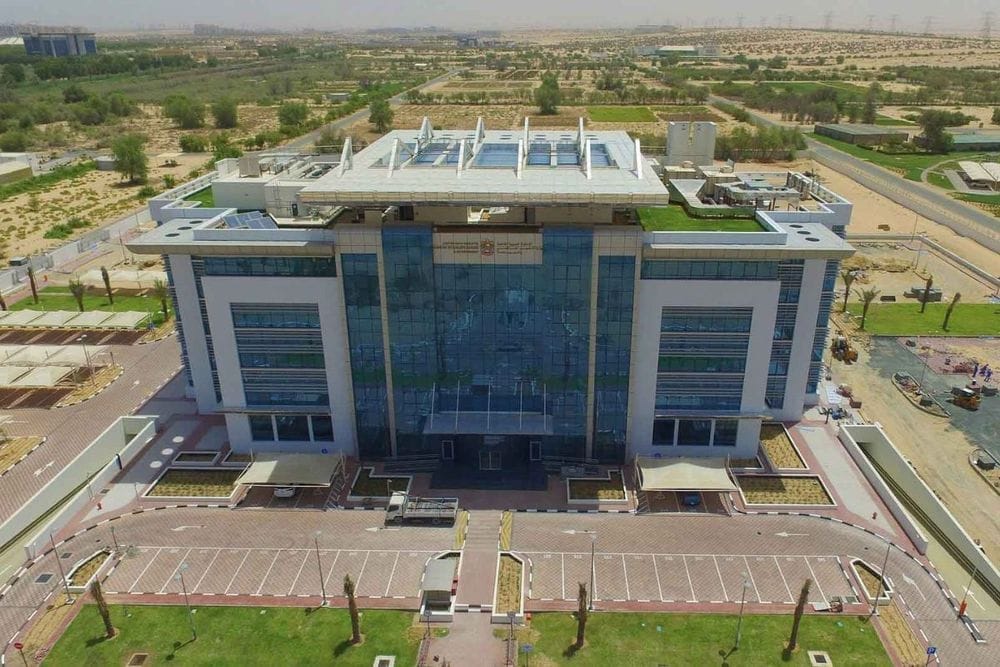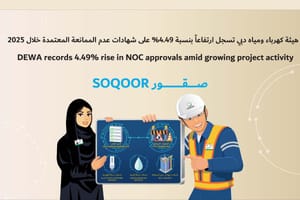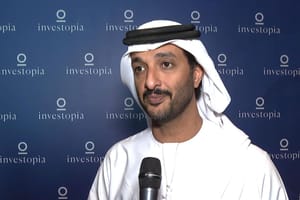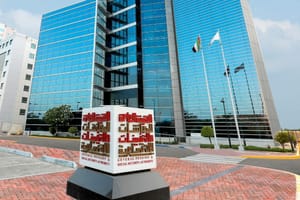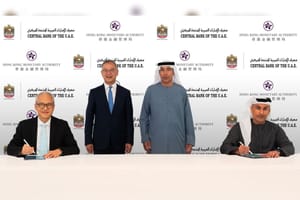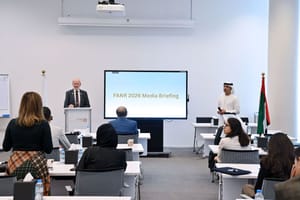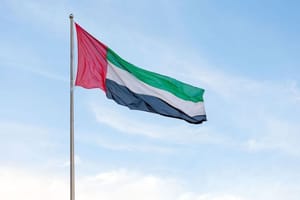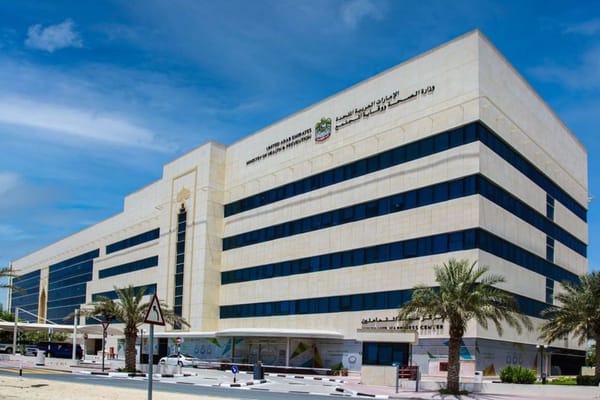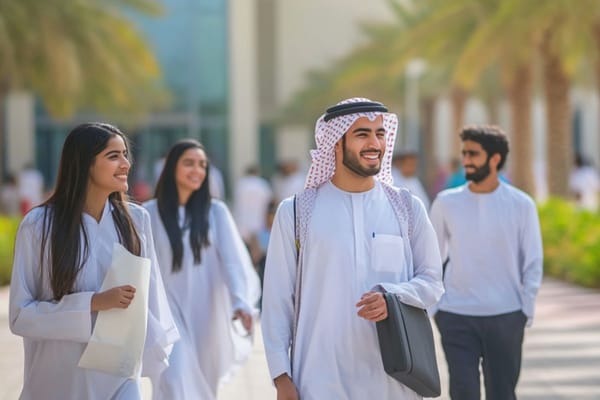In a bold step towards sustainability, the UAE’s Ministry of Climate Change and Environment (MOCCAE) unveiled the National Agenda for Integrated Waste Management.
Developed in collaboration with local authorities, the agenda aims to advance the circular economy and achieve the UAE Net Zero 2050 Strategy by transforming waste management practices across the country.
Eng. Alia Abdul Rahim Al Harmoudi, MOCCAE’s Assistant Undersecretary for the Sustainable Communities Sector, highlighted the agenda as a cornerstone of sustainable development, emphasizing its role in reducing waste, decarbonizing the sector, and aligning with UN Sustainable Development Goals (SDGs) such as Climate Action and Responsible Consumption.
Key targets by 2031 include treating 80% of municipal solid waste, 99% of hazardous waste, and ensuring 90% of landfills meet sanitary standards. The agenda’s three strategic directions—minimizing waste production, adopting circular economy practices, and enhancing landfill management—are supported by innovative projects and policies.
Notable initiatives include a ban on single-use plastics, advanced waste treatment projects like Dubai’s municipal waste-to-energy plant, and AI-driven landfill monitoring systems. The agenda also introduced the Extended Producer Responsibility (EPR) framework, holding manufacturers accountable for product lifecycles, including waste recovery and treatment.
Further strengthening the framework, the "Waste to Zero" initiative, chaired by Sheikha Shamma bint Sultan bin Khalifa Al Nahyan, focuses on reducing emissions through global partnerships. MOCCAE is also exploring biological treatment of organic waste using insects and worms, reinforcing the agenda’s focus on sustainable innovation.
This comprehensive strategy positions the UAE as a global leader in sustainable waste management, fostering collaboration across public and private sectors to achieve transformative environmental outcomes.
News Source: Emirates News Agency
